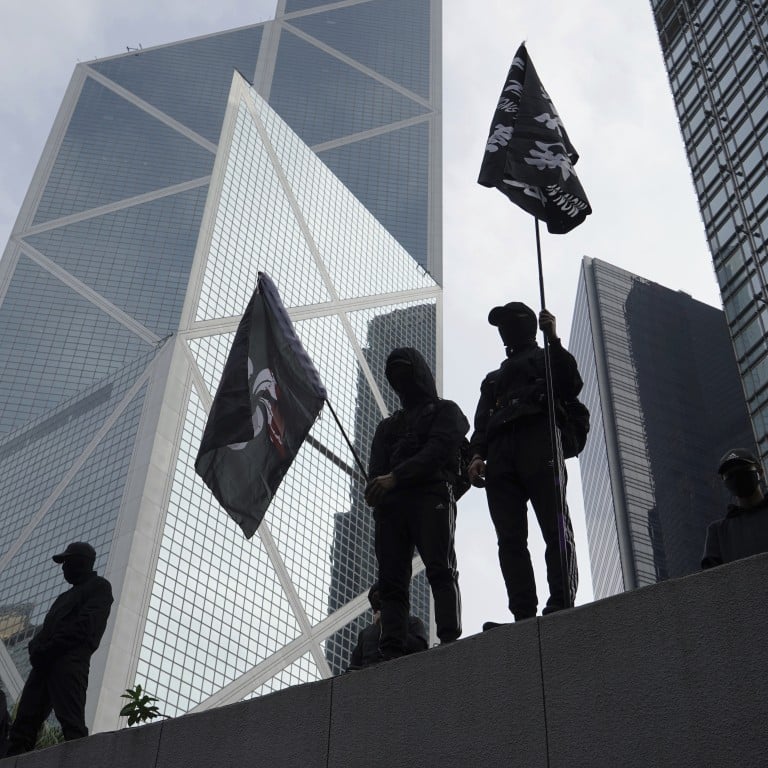
Partial truths in US commission report on Hong Kong protests show propaganda at its most harmful
- Through its filter of political bias, the US government agency draws dire conclusions about Hong Kong’s rule of law and alleges police brutality without evidence
- Its accusation of a Chinese propaganda and disinformation campaign is hypocritical at best
The commission found that: firstly, there is “further erosion of Hong Kong’s autonomy and fundamental freedoms under the ‘one country, two systems’ framework” by reason of the proposed amendment to the extradition law; secondly, the Hong Kong police had used “excessive force and inappropriately operated crowd-control equipment”; and thirdly, the Chinese government had “employed propaganda, disinformation and censorship in an apparent attempt to shape reporting on the Hong Kong protests”.
The key accusation here, of course, is that Hong Kong’s autonomy and fundamental freedoms under “one country, two systems” have been further eroded.
It is instructive to examine both the accusation and the alleged reasons or evidence in support thereof, to see how far such an accusation bears scrutiny – if at all.
Under the amendment, if passed, the executive would have had no power to order an extradition without the sanction of the courts. It is illogical for the commission to call for the preservation of the rule of law and an independent judiciary in Hong Kong on the one hand, yet, on the other, regard an extradition regime safeguarded by the same judiciary as “eroding” the autonomy of Hong Kong.
Highlights from annual speech by Hong Kong’s top judge
The accusation that raises the most eyebrows must be the so-called finding that the Chinese government “employed propaganda, disinformation and censorship in an apparent attempt to shape reporting on the Hong Kong protests”. Let’s face it, who doesn’t do that nowadays?
Most people would agree that words can destabilise a country; but it is hard to see how words can “erode” the independence and autonomy of a place or country. If they can, a lot of places and countries would be at risk, including China and the US.
How to weaponise human rights against Hong Kong
I do not condone propaganda, disinformation or censorship. Such conduct is despicable. But, sadly, it is also a fact of life in modern-day politics – politicians and governments do resort to propaganda, disinformation and censorship.
That may even be the nature of politics. Political language, as George Orwell has observed, is “designed to make lies sound truthful and murder respectable”.
It is, of course, a matter of national privilege for the US Congress to issue whatever report – based on its political stance – it sees fit. But for such a report to be persuasive and gain respect outside the US, it has to be based on facts and reason.
There is no question that Hong Kong and the one country, two systems framework are both going through a difficult patch. There are many obstacles in the way of making the one country, two systems work. The biggest obstacle of all is propaganda, disinformation and censorship.
Ronny K.W. Tong, QC, SC, JP, is a former chairman of the Hong Kong Bar Association, a member of the Executive Council and convenor of the Path of Democracy

